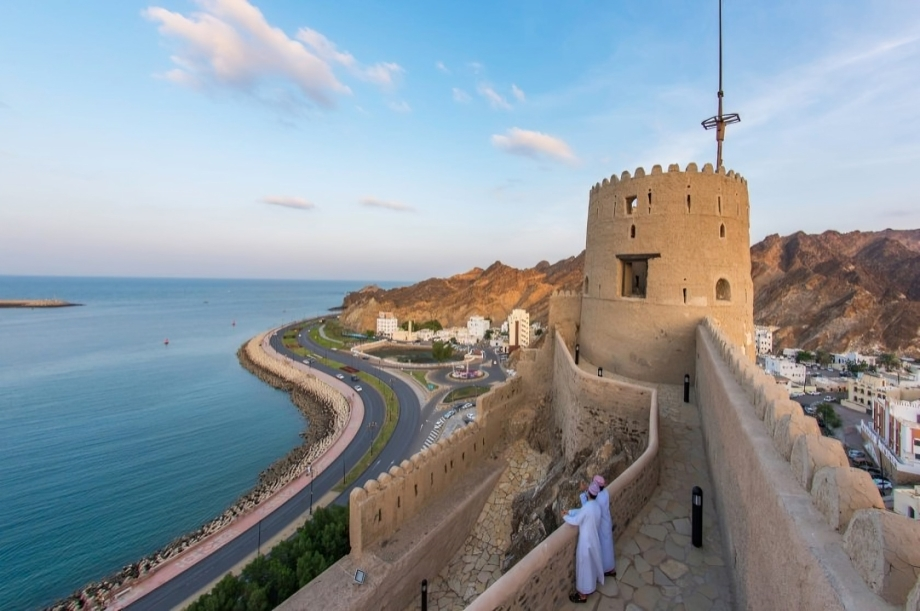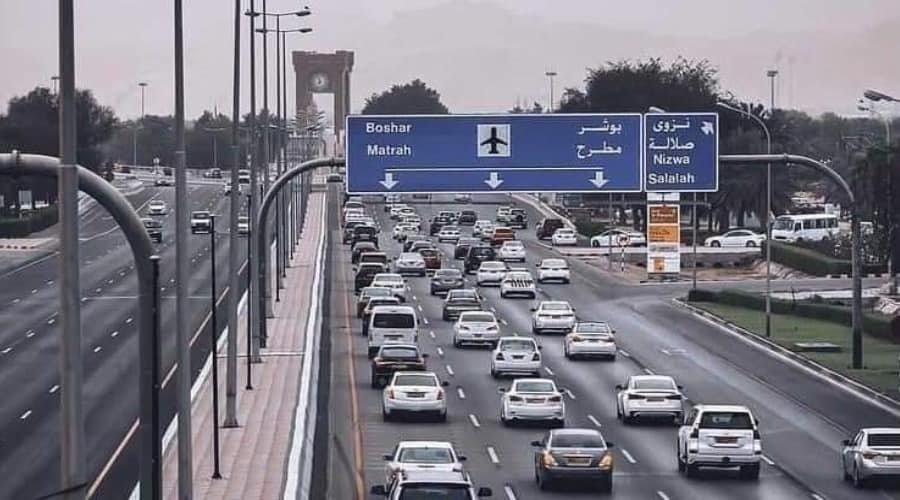MUSCAT: The number of licensed hotel establishments in South Al Batinah Governorate reached 249 by the end of July 2025, reflecting continued growth in the tourism sector. This total includes 11 hotels, 8 hotel apartments, 5 rest houses, 2 camps, 173 guesthouses, 48 green lodges, and 2 heritage inns, offering visitors diverse accommodation options across the region. The increase in hospitality facilities is part of broader efforts to enhance tourism infrastructure and support Oman’s vision of positioning the governorate as a major tourism destination.
According to the Ministry of Heritage and Tourism, these establishments are strategically distributed across key wilayats. Barka tops the list with 182 establishments, followed by Al Musanaah with 34, A’Rustaq with 22, Nakhal with 10, and Wadi Al Ma’awil with 1. This distribution highlights Barka’s growing appeal as a coastal hub for visitors, while Al Musanaah and A’Rustaq continue to attract tourists due to their historical and cultural significance. These areas are being developed with a strong focus on blending modern hospitality services with authentic Omani experiences.
In addition to accommodation facilities, the region also reported 198 licensed travel and tourism offices operating across South Al Batinah. Out of these, 116 are dedicated to travel agency activities, while 82 specialize in tour operations. These businesses play a key role in organizing tours, promoting local attractions, and offering tailored travel experiences to visitors. The presence of such a large number of licensed operators reflects the increasing demand for structured tourism services and packages in the governorate.
This growth underscores the government’s commitment to diversifying the economy through tourism development. With new hospitality projects, improved infrastructure, and sustainable tourism initiatives, South Al Batinah is positioned to become a leading destination for cultural, adventure, and leisure tourism in Oman. These efforts aim to boost visitor numbers, create job opportunities, and support local communities while preserving the natural and cultural heritage of the region.



